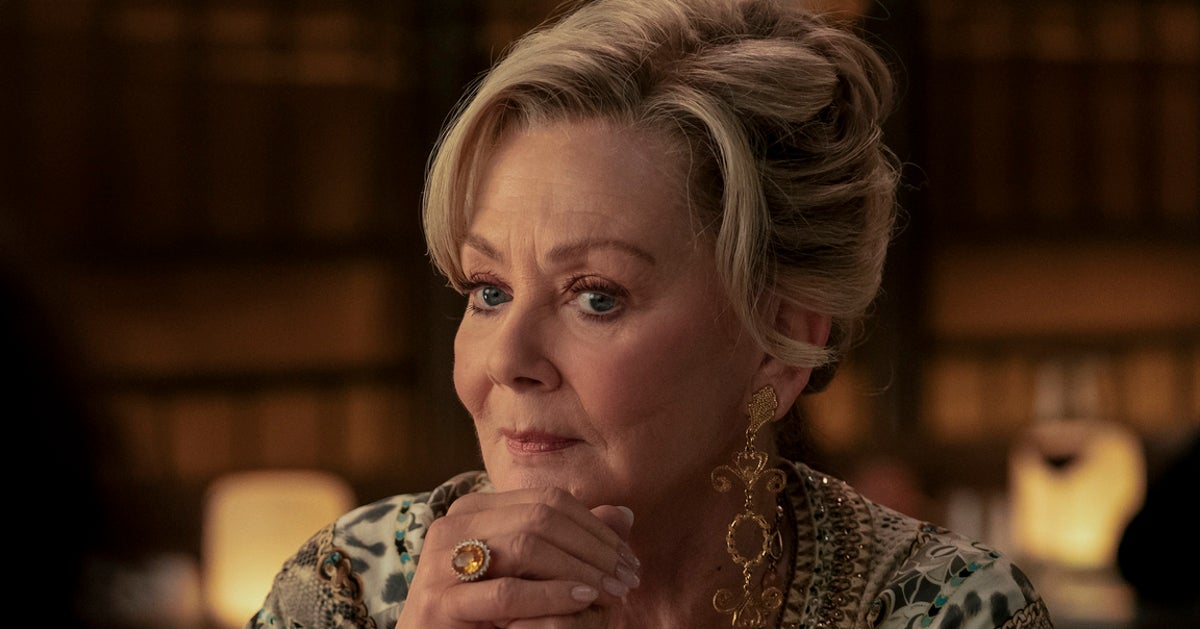At the end of the second season of “The Gilded Age,” I bemoaned how much better Jullian Fellowes’ American period drama could be if it improved its pacing, plot and romantic storytelling. With resplendent sets, stunning costumes and talented actors bringing life to complex social issues eerily relevant to today’s world, the show has always had the potential to be great television.
Now, the Max show is back for another glittering season, depicting both the splendor of the 1880s and the underpinnings of social stratification and corruption that made such opulence possible, and my question persists. Can the show build upon its foundation to fulfill its potential?
After the first episode aired Sunday night, I’m hopeful.
But, before digging into those details, here’s a quick refresher of how the second season ended because it’s been a year and a half since we tuned into the drama unfolding in the two mansions on 61st street.
In the Russell house, Bertha (Carrie Coon) won the opera war and cemented her status in New York society. Her son Larry kissed the newly single girl Marian Brook (Louisa Jacobson) living across the street. Bertha’s daughter, Gladys (Taissa Farmiga), became smitten with Billy Carlton (Matt Walker), and Bertha’s husband, George (Morgan Spector), continued in his quest to expand his empire at all costs.
In the Van Rhijn house, Agnes (Christine Baranski) was left practically penniless after her son Oscar (Blake Ritson) was scammed out of the family’s money. However, she was unexpectedly saved from poverty by her sister Ada (Cynthia Nixon) whose husband died of cancer and left her his family’s substantial textile fortune. Downstairs, the footman, Jack (Ben Ahlers), designed a new clock and Larry said that he wanted to go into business with him, and the secretary, Peggy Scott (Denée Benton) was striving to be a successful writer and serve as a voice for her Black community.
After Sunday’s episode, it’s clear that this new season promises to bring great challenges for both households. George is traveling out west to expand the railway. Bertha wants her daughter to marry the Duke of Buckingham to further their social standing instead of following her heart while Larry is waiting for Marian to return his favor.
Across the street, Agnes still owns the house but Ada is paying for it, and this leads to constant confusion about who is actually in charge (a delightful conflict that gives Agnes the opportunity to deliver some of her best one-liners). Downstairs, Jack is worried about the progress of his partnership with Larry because it could offer him the chance to rise above his station, something none of the downstairs characters in Jullian Fellowes’ “Downtown Abbey” could do within the rigidity of British society. And, Peggy is making progress on her novel but experiencing more overt racism.
While this week’s episode didn’t deliver many new developments, it did successfully set the stage for the seven episodes that will follow, and I’m looking forward to seeing what happens.
The drama on 61st Street will continue to unfold every Sunday night from now until August 10 on HBO and Max.

